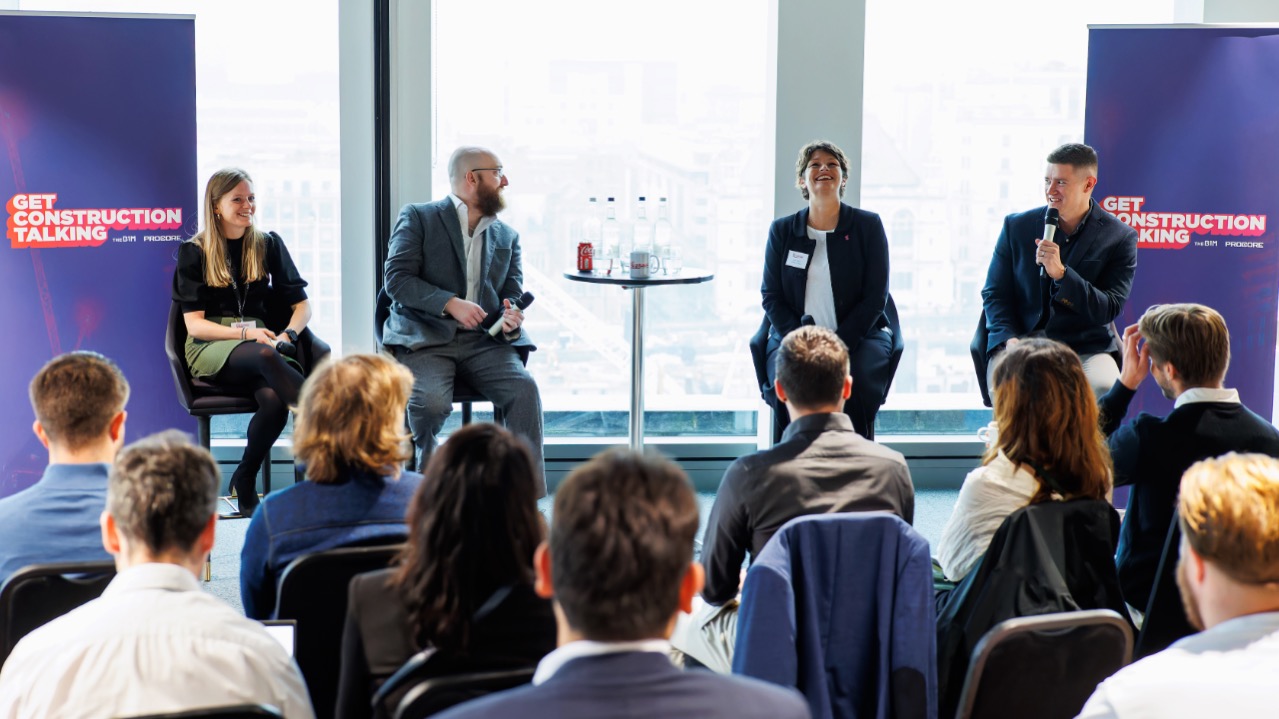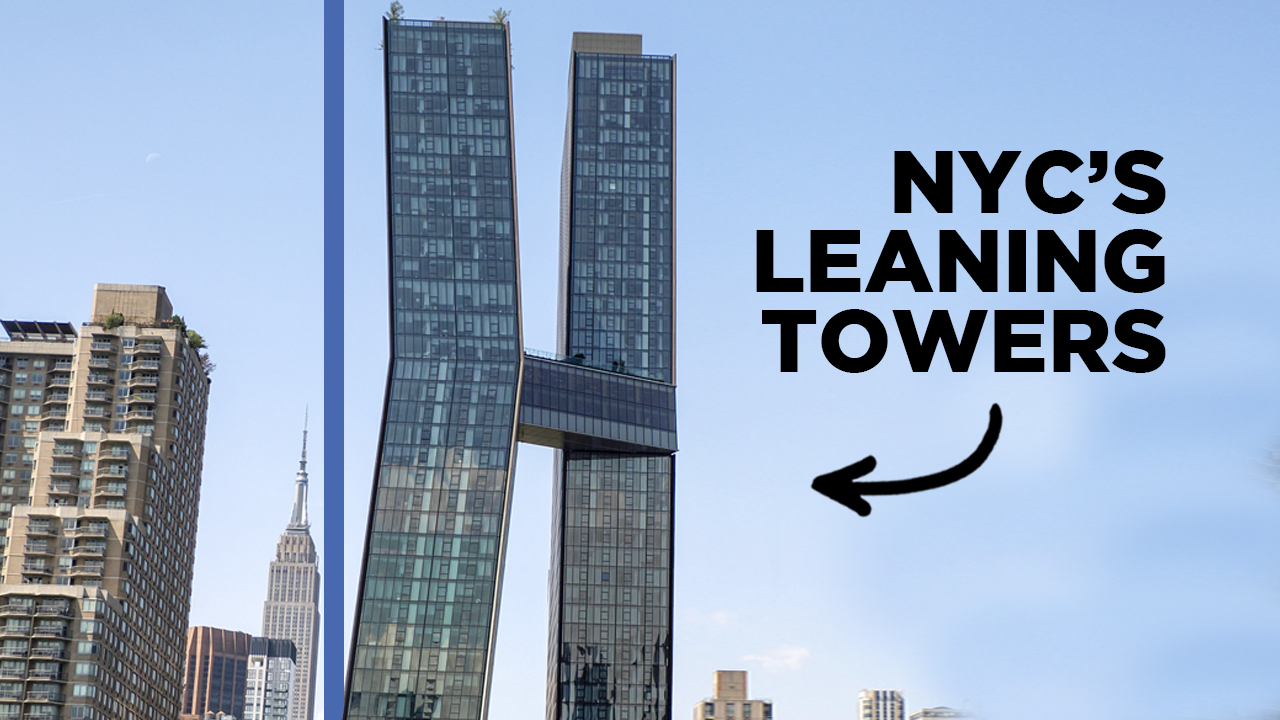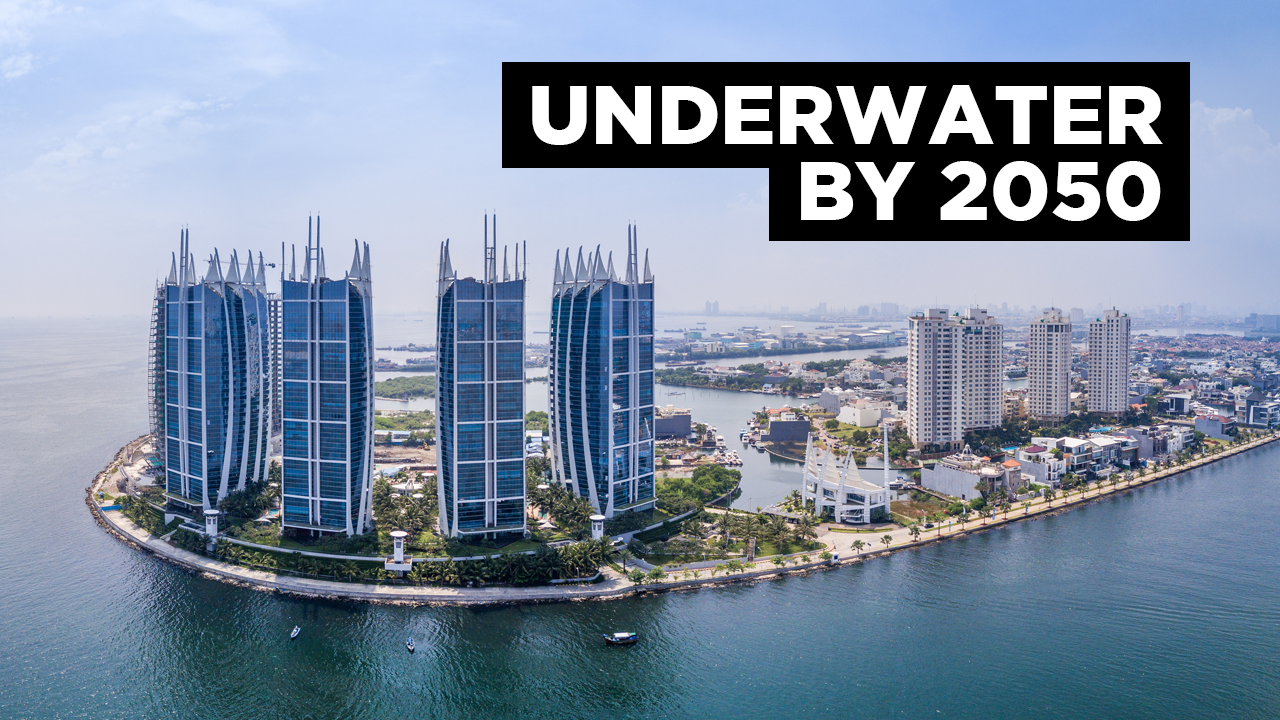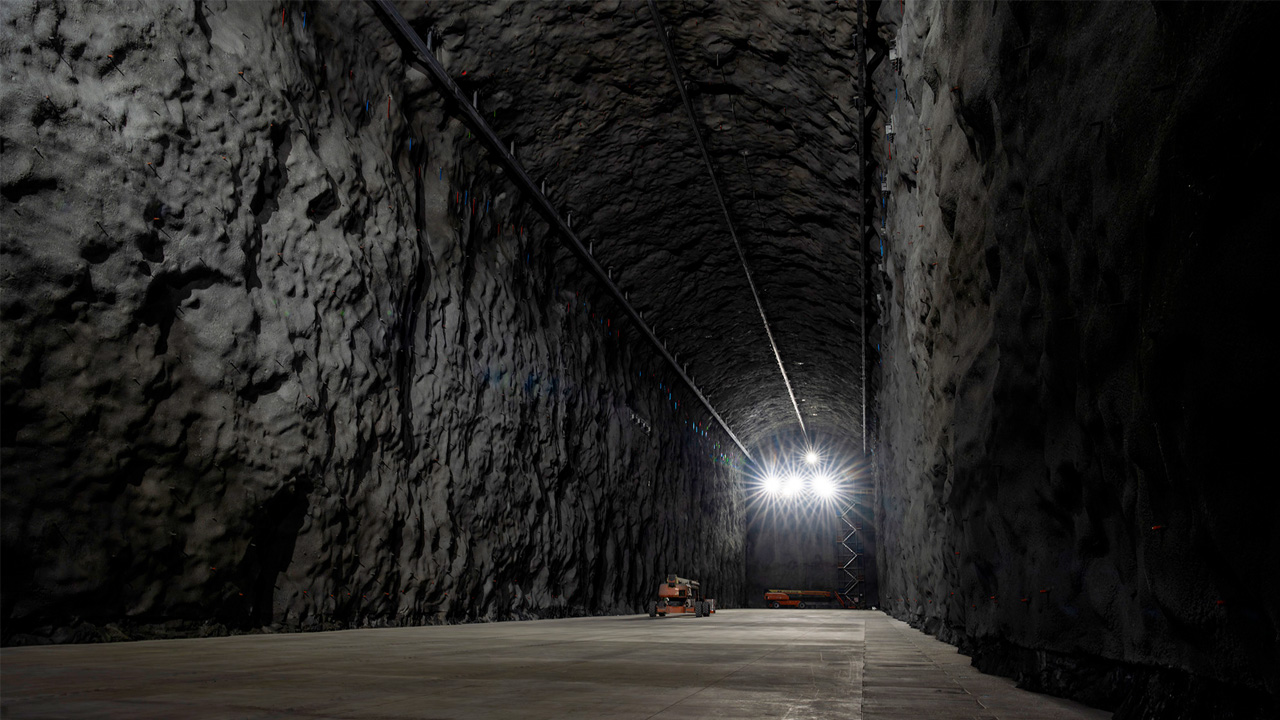
Construction Comes Together to Tackle Its Mental Health Crisis
CONSTRUCTION needs to talk about mental health.
The sector seriously struggles with this issue, a fact that's sadly borne out in the data: it has one of the highest male suicide rates of any industry across the UK, US and Australia.
Earlier this month, as part of our worldwide Get Construction Talking initiative and in the week of World Mental Health Day, we held a free breakfast event to raise awareness of construction's mental health challenges and explore ways to help tackle them.

Above and Below: The Get Construction Talking breakfast event in London. Images by Alistair Veryard.

Get Construction Talking is a global initiative that's been established by The B1M and Procore. We're using our combined reach and influence to raise awareness of mental health in construction, break the stigma, get millions talking and to lift-up charities working in this space, raising $1M for them in the process.
On 12 October, we brought together a room full of construction professionals, mental health advocates and community members at London’s Sea Containers House. There The B1M’s founder Fred Mills led a panel discussion alongside Sarak Meek, chief executive of Mates in Mind, Elle Smith, assistant director strategic estates at UK Parliament and Jim Beestone, HSES projects partner at Balfour Beatty and chair of the Health in Construction Leadership Group's Mental Health Working Group.
We first discussed some of the causes behind construction's struggle with mental health, before exploring ways to tackle it in a live discussion with our audience.
While addressing an issue as complex as this can feel daunting, events like these show an industry that's full of people wanting to make a change and with the experience and knowledge to do it.

Above: The B1M's founder Fred Mills opening the event at London's Sea Containers House. Image by Alistair Veryard.
Jim Beestone highlighted the range of risk factors prevalent in construction. "Everyone has different trigger points,” he said. “In construction, you’ve got such a wide range of risk factors that it almost feels like if one of them doesn’t catch you, then another one will."
Beestone’s comment laid bare the multitude of pressures ranging from physical danger and long working hours to travel requirement and financial instability which often contribute to poor mental health.

Above: UK Parliament's Elle Smith [left] and Balfour Beatty's Jim Beestone share their real world experiences and expertise in the open panel discussion. Image by Alistair Veryard.
Sarah Meek noted the construction industry has a solutions oriented approach. “Very often by the time someone has realised that things are out of control they've already tried to work a lot through in their own heads.”
She also emphasised the need for change in managerial responses to mental health confessions. “When you go to a line manager or somebody you want to speak to, it’s important that you are not met with ‘That's just the job… or … that's how we do it …or… that’s how we've always done it.’”
This 'grin and bear it' attitude, Meek suggested, needs to be replaced with supportive signposting, steering individuals towards the help they require.

Above: Sarah Meek, chief executive of UK construction mental health charity Mates in Mind, joined the panel discussion. Image by Alistair Veryard.
In the second half of the discussion the panellists didn't shy away from suggesting tangible solutions, which Mills suggested dividing into two categories: systemic, industry-wide measures that need to be implemented across organisations, and simpler, grassroots actions that anyone can start taking immediately.

Above: Construction struggles with mental health more than any other sector, particularly among men.
Beestone stressed the industry’s need to adapt to the expectations of the younger workforce, particularly concerning mental health provisions. “We've got a skills shortage and young people that are coming into the industry today have expectations in terms of employer provision for mental health” he warned.
"We need to show an industry that is supportive ... if we are going to attract that generation and secure the future of construction"
Of course, one of the most simple things that we can all start doing today is talking.
Tackling construction's mental health crisis is undoubtedly complex. The issue is highly nuanced and unique to individuals. But if we can all become more aware of mental health, normalise conversations around it, look to spot the signs in our colleagues that something might not be right and point them in the direction of support, then we can collectively start to move the dial on this issue at a grassroots level.
Get Construction Talking is founded on that objective. It aims to use the power and reach of both The B1M and Procore to raise the profile of mental health and help millions understand how they can start to help today, for free.
Get Construction Talking is supported by leading construction mental health charities across the US, UK, Australia and New Zealand, including the Construction Industry Alliance for Suicide Prevention (CIASP), Lighthouse Charity, MATES in Construction and Construction Sport.
You can learn more, get support or make a donation to support these charities at getconstructiontalking.org
Look out for our next Get Construction Talking event in Sydney on 2 November 2023.
Don't miss The B1M's two-part video series, lifting the lid on construction's battle with mental health:







